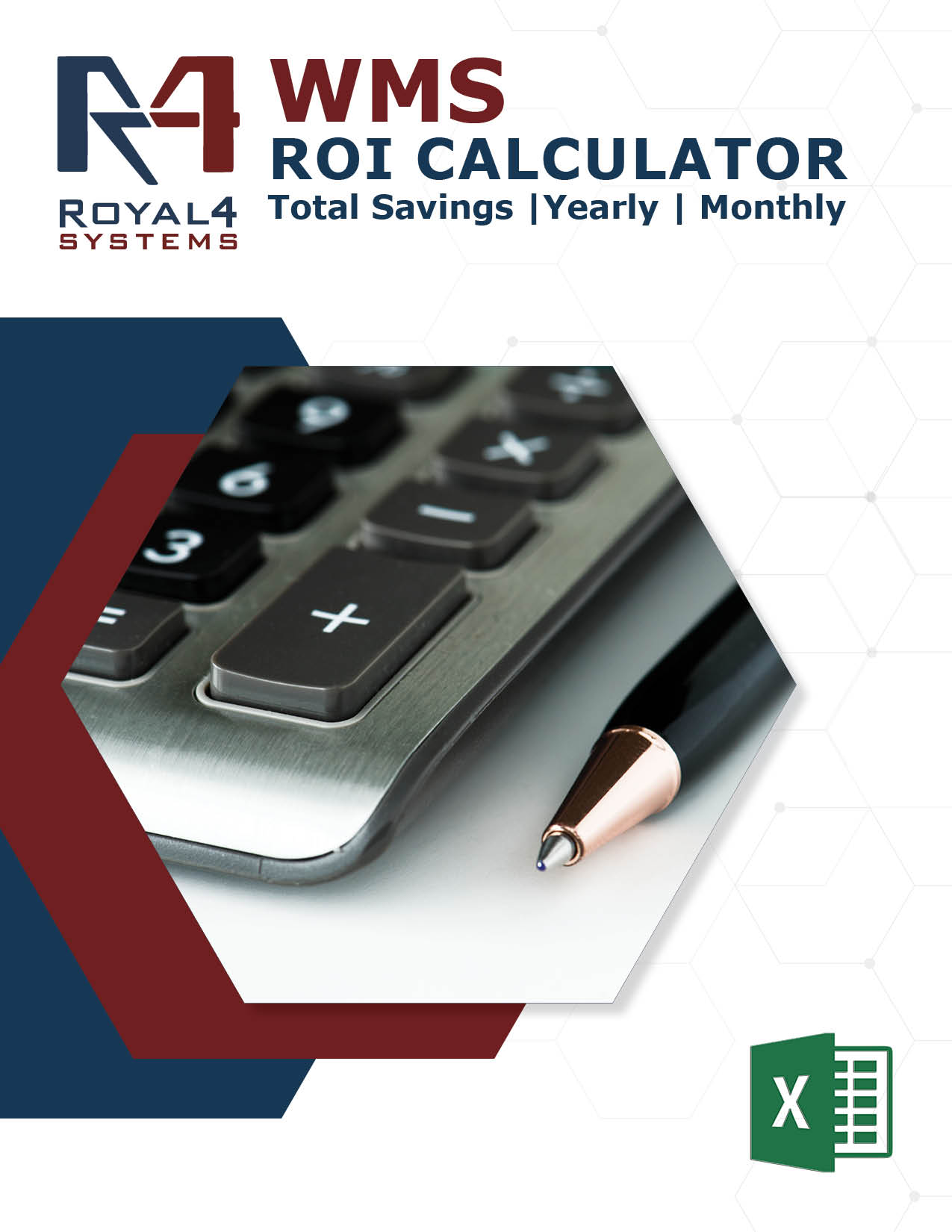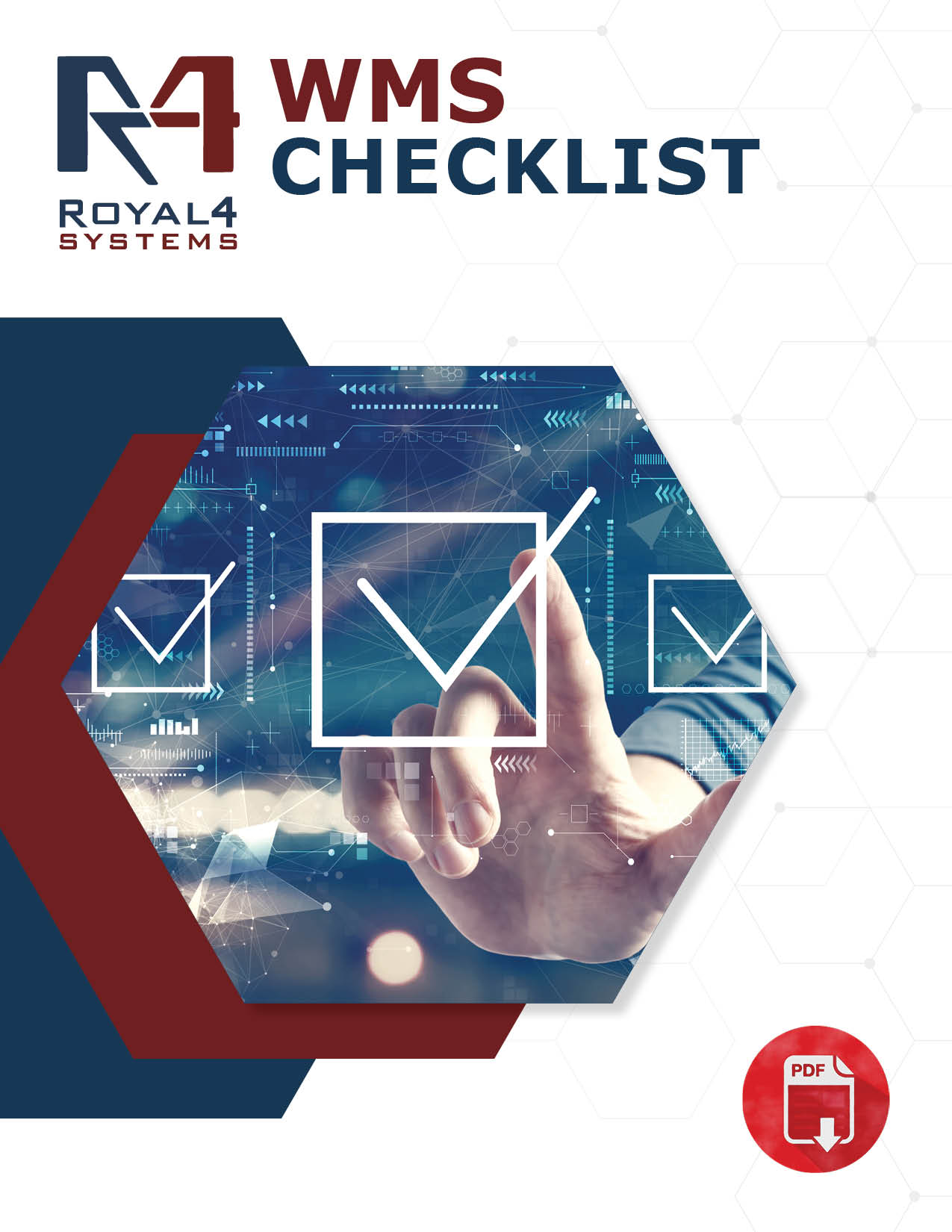
For any organization in the fast-moving consumer goods industry, having an efficient supply chain management is a critical component towards achieving business growth and success. If the supply chain is well managed and coordinated, not only can it reduce operational costs and drive up profits, but likewise can improve customer experience and customer satisfaction in the long run.
Consumer behavior and preferences are rapidly shifting and evolving, which is why adopting an effective yet innovative supply chain management has become crucial now more than ever.
Logistics management
Most manufacturers commonly have a team to oversee its supply chain processes – from sourcing the raw materials of goods, production, up to the delivery of the product to its end customers. Logistics management, in this sense, is a pivotal component which can make or break the supply chain of a business.
To ensure an efficient flow of goods and services, some organizations opt to outsource its logistics to an external partner that will handle and oversee the different functions of its supply chain. For all that, there are different types of logistics service models which cater to the different needs or requirements of a business.
Two of the most popular logistics service models are third-party logistics (3PL) and fourth-party logistics (4PL). While it may seem that their only distinction is a single number, 3PL and 4PL models offer different levels and extent of logistical services that will dictate how an organization’s supply chain will run once onboarded. The key in identifying which logistics provider is right for an organization is to carefully evaluate the service model that will best suit and answer its needs.
What is 3PL?
Similar to most outsourcing companies, third-party logistics adds value to an organization by deploying its industry expertise and providing services that will meet the needs or requirements of its clientele.
In a 3PL model, manufacturers usually let the service provider manage and oversee its order fulfillment, shipping, and logistics operations. More often than not, services included under this model are inventory management, storage, freight forwarding, and sometimes even packaging of goods.
In simplest terms, 3PL providers handle the shipping of goods out of a manufacturer’s facility to store them in a warehouse until these goods are delivered to the end customers.
Depending on the agreement, 3PL providers usually only handle the movement of goods while leaving the management to the manufacturer.
What is 4PL?
Fourth-party logistics or the 4PL model is quite similar to 3PL in some ways. While both service models allow a business to outsource the management of its supply chain, 4PL offers a wider level of scope in terms of a company’s logistical processes.
If 3PL takes care of the logistics and delivery of a manufacturing company’s goods, a 4PL partner manages all aspects of an organization’s supply chain that’s not limited to logistics alone but may also encompass other areas such as finance, IT, or even procurement. In short, a 4PL provider handles everything that is part of an organization’s supply chain.
Benefits of 3PL
3PL companies provide many advantages to businesses in the retail and manufacturing industry. Below are some of the biggest benefits that organizations can enjoy when they choose to outsource their logistics operations to a 3PL provider:
- Reduced costs. 3PL companies can greatly reduce, if not eliminate, the operating expenses of businesses with the resources they provide. The money that organizations are supposed to invest on warehouse spaces, transportation equipment, and manpower can instead be allocated to other operations of the business.
- Scalability. Businesses can have greater business versatility with 3PL as they provide resources that can be scaled up or down depending on one’s needs. 3PL providers can easily adjust its labor, space, and transportation provisions according to the demands and inventory of the manufacturer.
- Network connections. 3PL companies, especially those in the business for decades, can greatly help manufacturers to streamline logistics processes through their extensive industry connections and relationships that can help provide discounts or even faster services for the client.
Benefits of 4PL
To iterate, 4PL companies provide larger scope of management and involvement in terms of a company’s supply chain. This being said, the benefits that 4PL companies bring are likewise larger to an extent. Here are some valuable advantages of partnering with a 4PL:
- Streamlined processes. 4PL streamlines all supply chain processes by being the sole intermediary between the manufacturer and its logistics providers. 4PL takes care of all coordination from all points, making business operations more efficient and seamless.
- Visibility. 4PL companies provide a consolidated view of an organization’s inventory, order status, billings, etc. Such visibility on these data allows organizations to get insights on their current supply chain to make more informed business decisions.
- Growth oriented. 4PL providers are focused on improving the overall supply chain strategies of an organization. 4PL companies are likely to assist businesses towards growth by leading and managing its entire supply chain operations.
While both logistics models offer many advantages, each of them also has some cons that businesses must consider before taking either on. Here are some disadvantages that must be taken into account before deciding which model to proceed with:
Cons of 3PL
- Limited control. With 3PLs taking care of order fulfillment, shipping, and logistics operations, businesses may have limited to minimal control over these processes.
- Costly. Outsourcing logistics can be costly for a business specifically for small to medium sized enterprises, especially when demands or orders are low.
Cons of 4PL
Akin to 3PL, outsourcing 4PL may also entail similar cons for businesses:
- Minimal control. While businesses are provided data and insights on their supply chain, they may have minimal control over their order fulfillment and logistics processes with 4PL companies acting as the single point of contact among suppliers and vendors.
- Expensive. 4PLs and the services they offer may be expensive especially for smaller businesses and startups.
Aside from weighing the pros and cons of each logistics service model, there are also points that need to be considered when evaluating a potential 3PL or 4PL provider:
- Capabilities. First and foremost, when selecting a 3PL or 4PL provider, it is important to take into account the capabilities of the provider in fulfilling the requirements of the business. To gauge this, businesses may review its supply chain processes and inventory. Based on these, shortlist possible vendors that can accommodate and handle the business’ current operations.
- Credibility. In today’s day and age, it is easy to see the reputation or performance of a brand simply by looking them up online. Research on the prospective 3PL or 4PL providers and evaluate past and latest peer reviews of their business to check on their credibility and current standing in the market. This will allow a decision-maker to see whether the prospect logistics provider is a trusted brand or not.
- Technology. Businesses should opt to ask its prospective logistics providers about their latest available technologies as these will be implemented in the organization’s supply chain management. Likewise, businesses can also check its existing technologies in place and see if they are compatible with the technologies and systems that the 3PL or 4PL will provide.
3PL or 4PL? Which should businesses choose?
Logistics remains as one of the most critical elements of a supply chain as it directly draws in the perception of consumers on a brand. An effective supply chain and reliable logistics can greatly boost sales and likewise help in curating a positive public image for the brand. 3PL or 4PL, to this end, plays a crucial role in ensuring not only an efficient supply chain processes but consumer satisfaction and experience as well.
Regardless of the service model, outsourcing logistics providers can bring great value to businesses that are looking to expand their operations. For micro, small and medium enterprises, tapping a 3PL may be the most beneficial as they assist businesses on the key components of their supply chain – allowing them to offload its labor or manpower and focus on other business priorities such as growing sales or amplifying marketing efforts.
For larger businesses looking to grow further, on the other hand, a 4PL may be the better option. 4PL providers can take full control of logistics and supply chain management so the business can focus its attention to more important undertakings of the company.
To sum and simply compare the two, a 3PL handles and oversees the logistics part of a company’s supply chain, while a 4PL manages everything that is part of the supply chain. While they do have similarities and differences, at the end of the day, the right logistics service model for any business is one that would fit best to its goals and current needs.
Royal 4 Systems has been innovating and configuring 3PL software solutions since 1984. Our WISE 3PL Software is tailored for the third-party logistics industry and is the result of four decades of partnering with and providing solutions for 3PL businesses.
If you are interested to know whether a third party logistics will benefit your business, just chat with us today and we can further discuss in detail.
Request a Demo
Need more information?
Solutions






![image001[25]](https://www.royal4.com/wp-content/uploads/2023/11/image00125.png)